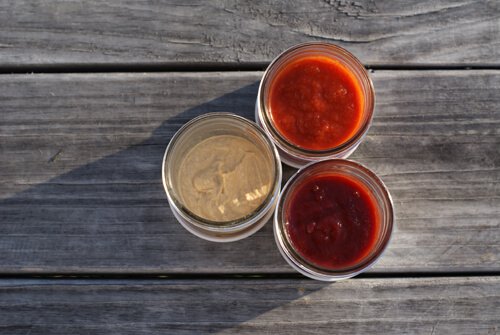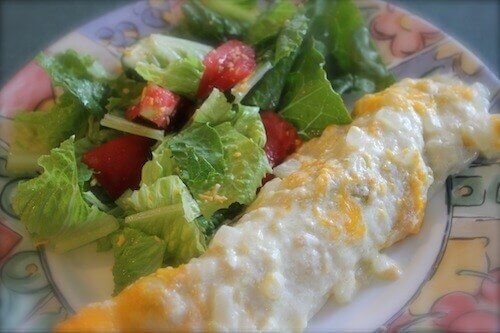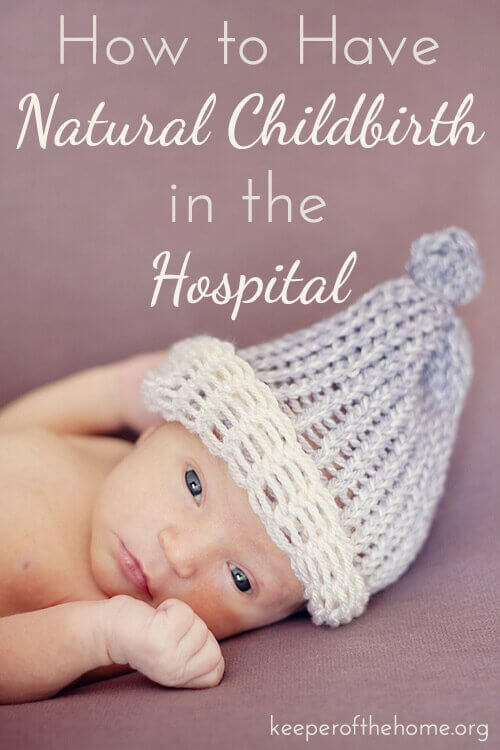Raising healthy eaters- Getting off to the best start
Before we are off and running on topics such as healthy snacks and lunches, getting your kids interested and involved in nutrition, and help for picky toddlers, I thought that we would touch on this all important subject of what we eat while we are nourishing our little ones during pregnancy and breastfeeding.
Although I was already somewhat interested in nutrition when I became pregnant with my oldest child, I hadn’t really thought about the impact that my diet would have on her development and overall health in the years to come. Early in my pregnancy, I was lent the book What to Eat When You’re Expecting, which was really the catalyst to developing a conviction that what I ate was of the utmost importance. While I do not agree with all of the nutritional theory in the book, the foundational principle is that what we eat goes a long way towards determining the health of our pregnancy, reducing the risk of complications, promoting a better labor and delivery, and most importantly, supporting all the developmental needs of our baby.
It has also been demonstrated over and over again (through studies which examine the quality and content of breast milk) that what moms consume has a direct effect on the milk that they produce (it’s vitamin, mineral, fat and cholesterol content- all very important!). Although breast milk is always, absolutely, 100% the best choice when it comes to our baby, how we eat affects the nutritional content and quality of our milk. Several studies have shown that the amount of certain crucial fats, as well as many vitamins and minerals, can be very different from mother to mother, depending on her diet (not to mention pesticides, trans fat and other, which actually get into mother’s milk!). Read more about the impact of nutrition on breastfeeding here.
And, just to add to the importance of this issue (in light of our overall topic- raising kids who are healthy and that know how to eat in a healthy way), there is now some evidence that what mothers eat while pregnant or nursing may actually influence their children’s taste buds! It seems that the flavors from the foods eaten by the mother are actually passed into their breast milk, and that those babies who have been exposed to stronger flavors (such as green vegetables) will accept vegetables more readily when it comes time to feed them solids.
So nursing moms, eat your veggies!!! In fact, eat a wide variety of healthful foods, exposing your baby to many different tastes (greens and other non-sweet veggies, beans and legumes, all different fruits, etc.). Although you will likely still need to be persistent in offering foods such as green beans or broccoli, your child will be more likely to take to them than a child who was not exposed to them through breast milk.
As for correct pregnancy and nursing nutrition, I will touch on some of the most important elements only, since the focus here is on teaching children to eat well. However, I will likely post more on prenatal and nursing nutrition at a later time (and please email me, if you have specific questions and I will try to answer them!). Here are some of the basics (and for more details, see this article and many others on the Weston Price site):
- Eat more than usual (300 extra calories a day for pregnancy, 500 extra for nursing- approximately, everyone is slightly different)
- Water needs increase dramatically- rather than 6-8 glasses a day, aim for 10-12 or more
- Adequate protein is important for babies growth and supporting a healthy pregnancy and a sufficient milk supply.
- Our need for all vitamins and minerals increase- so in order to get the most nutrients possible, we need to make the most of each and every one of one food choice. Make every bite count for your baby!
- In order to get these extra nutrients, more fruits, vegetables, a variety of whole grains, legumes, nuts and seeds are all important, in addition to excellent animal protein sources (natural meat, poultry and fish, eggs, and dairy).
- Avoid processed foods, chemicals, additives, caffeine, preservatives, food colorings, MSG, trans fatty acids (hydrogenated and partially-hydrogenated oils), sugar (as much as possible) and all other unnatural substances in foods.
- Eat more sources of Omega 3 fatty acids (very important for growth, and brain development)- sources include fatty fish (ocean caught salmon and tuna), cod liver oil, free run/organic eggs, fresh ground flax seed and flax oil, walnuts, etc.
- Ensure you are getting enough Vitamin A and D from good food sources- cod liver oil, butter, seafood, egg yolks and liver (Beta carotene comes from primarily orange and yellow vegetables and fruits- this can potentially be converted to Vit A, although much of it is not, and these are great foods, but it is not the same as Vit A from animal and fish sources).
As we will talk about more in-depth later in this series, one of the most important ways that we can influence our children’s health and eating habits is by setting them an excellent example. Pregnancy and nursing are the perfect opportunities to re-examine our eating habits and overall nutrition. Using these seasons of life to make crucial changes in our own diets and eating patterns will enable us to provide a strong example of nutrition for our children.
I know that with my own little Abbie-Monkey (as she is affectionately called), it is "Monkey see, monkey do". Even at 3, she notices what I do, say and eat, and often holds me accountable by commenting on inconsistencies that she sees! I’m so glad that God, in His kindness, used the seasons slightly before and during my pregnancy with her to begin to prepare me for a lifetime of cooking, teaching and modeling healthy eating for my family!
Image from The Spirit of Motherhood .





